PeterToronto
TPF Noob!
- Joined
- Apr 7, 2010
- Messages
- 53
- Reaction score
- 1
- Location
- Toronto
- Can others edit my Photos
- Photos NOT OK to edit
Last year U2 released their 12th studio album, "No Line On The Horizon". On the album jacket was a minimalist image captured at Lake Constance in Switzerland by Japanese photographer and artist Hiroshi Sugimoto. The bewitching black & white image Boden Sea was chosen for the cover from just over two hundred images in his "Seascapes" series. Bono's first face to face meeting with Sugimoto and Boden Sea actually produced the foundation for the album's title track. Interestingly, Sugimoto recently said of his Seascapes collection that a view of a vessel-less ocean is one of the only things left in the world that we can experience in the same way that our primitive ancestors would have experienced it thousands of years ago. Boden Sea has really made me take a look at photographic composition. A major goal ever since has been to cultivate one thing: simplicity.
Dominant objects in a photographs composition automatically attract the viewer's attention. However, too much visual information in a photograph, whether it's portraits or landscapes, often pollutes the primary focus of the image. A strong photograph does not have the viewer looking at multiple things that compete for one's attention. A strong photograph strips away the distractions and directs us to look at a single subject or idea. Sometimes less really is more.
A strong photograph in many ways is like a gourmet soup. It must first be reduced or boiled down. Once much of the liquid is boiled away, or, in the case of a photograph, once most of the things that lead your eye away from the subject are removed, it is reduced to its essence. It is only then that the flavor becomes stronger and more complex. The photographer, as "editor", must eliminate information to better tell his/her story in a pleasing way.
Simplicity in an image focuses attention on the absolute essentials, and with the discipline of reminding ourselves of the original purpose of our photograph, we can effectively clear the many obstructions, distractions, and surrounding clutter. Andre Comte-Sponville, a French philosopher, said: "Intelligence is the art of making complex things simpler, not the other way around", and we, as photographers, and as human beings for that matter, would do well to follow this advice.
peter anthony PHOTOGRAPHY - Home
Peace
Peter
Dominant objects in a photographs composition automatically attract the viewer's attention. However, too much visual information in a photograph, whether it's portraits or landscapes, often pollutes the primary focus of the image. A strong photograph does not have the viewer looking at multiple things that compete for one's attention. A strong photograph strips away the distractions and directs us to look at a single subject or idea. Sometimes less really is more.
A strong photograph in many ways is like a gourmet soup. It must first be reduced or boiled down. Once much of the liquid is boiled away, or, in the case of a photograph, once most of the things that lead your eye away from the subject are removed, it is reduced to its essence. It is only then that the flavor becomes stronger and more complex. The photographer, as "editor", must eliminate information to better tell his/her story in a pleasing way.
Simplicity in an image focuses attention on the absolute essentials, and with the discipline of reminding ourselves of the original purpose of our photograph, we can effectively clear the many obstructions, distractions, and surrounding clutter. Andre Comte-Sponville, a French philosopher, said: "Intelligence is the art of making complex things simpler, not the other way around", and we, as photographers, and as human beings for that matter, would do well to follow this advice.
peter anthony PHOTOGRAPHY - Home
Peace
Peter



![[No title]](/data/xfmg/thumbnail/34/34077-2933006a1d00efe7d5967044e94e345e.jpg?1619736268)
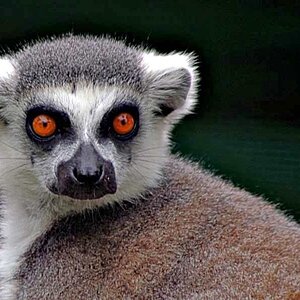
![[No title]](/data/xfmg/thumbnail/37/37607-69784b19e25bd0ba68e92ff4cfdfa8ff.jpg?1619738148)
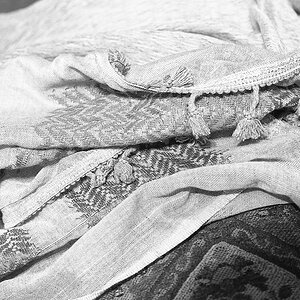
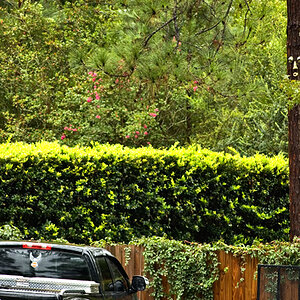
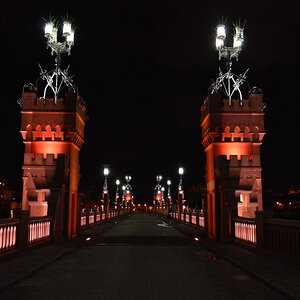
![[No title]](/data/xfmg/thumbnail/33/33847-620ea3a471c8ec2ae89451f9ee9dcb84.jpg?1619736166)
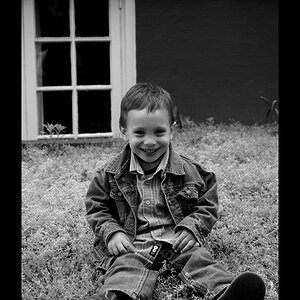
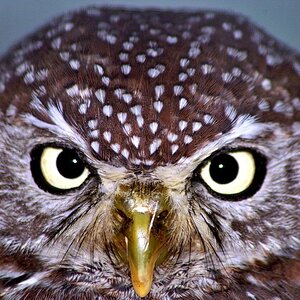
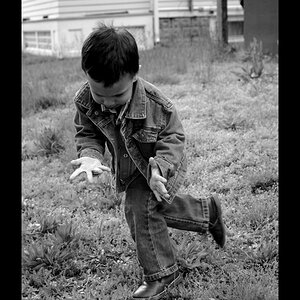

![[No title]](/data/xfmg/thumbnail/37/37608-63b0d340b0972479217b548a4026df96.jpg?1619738149)